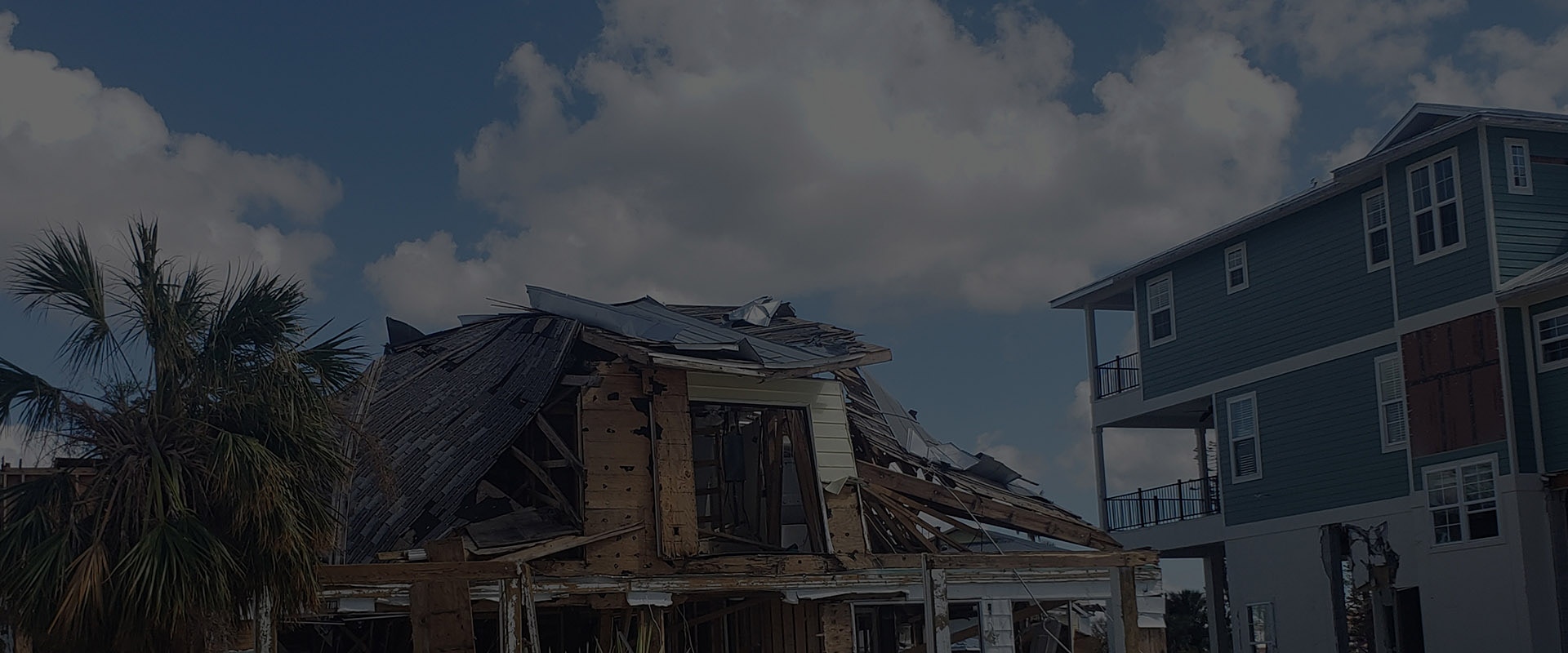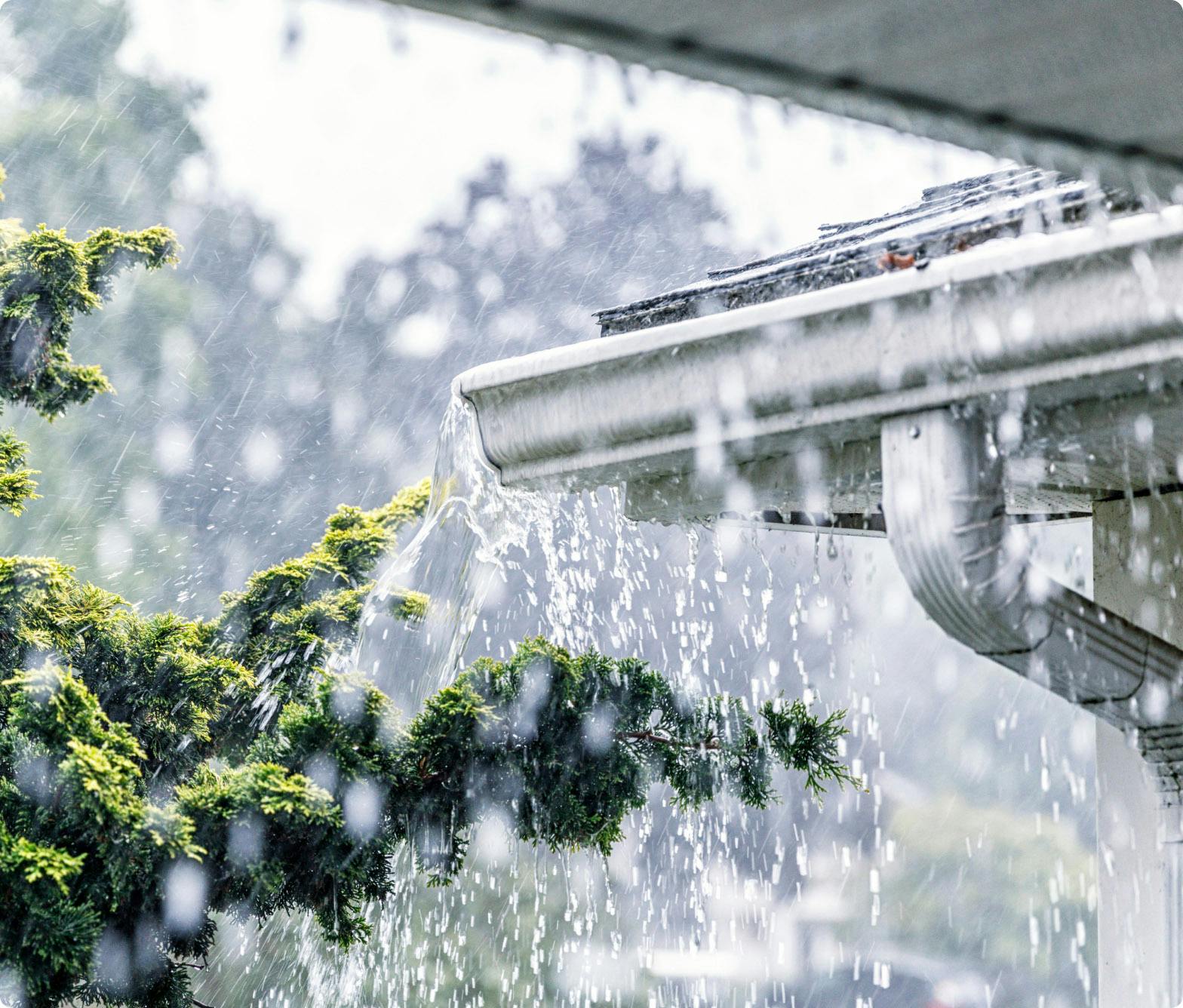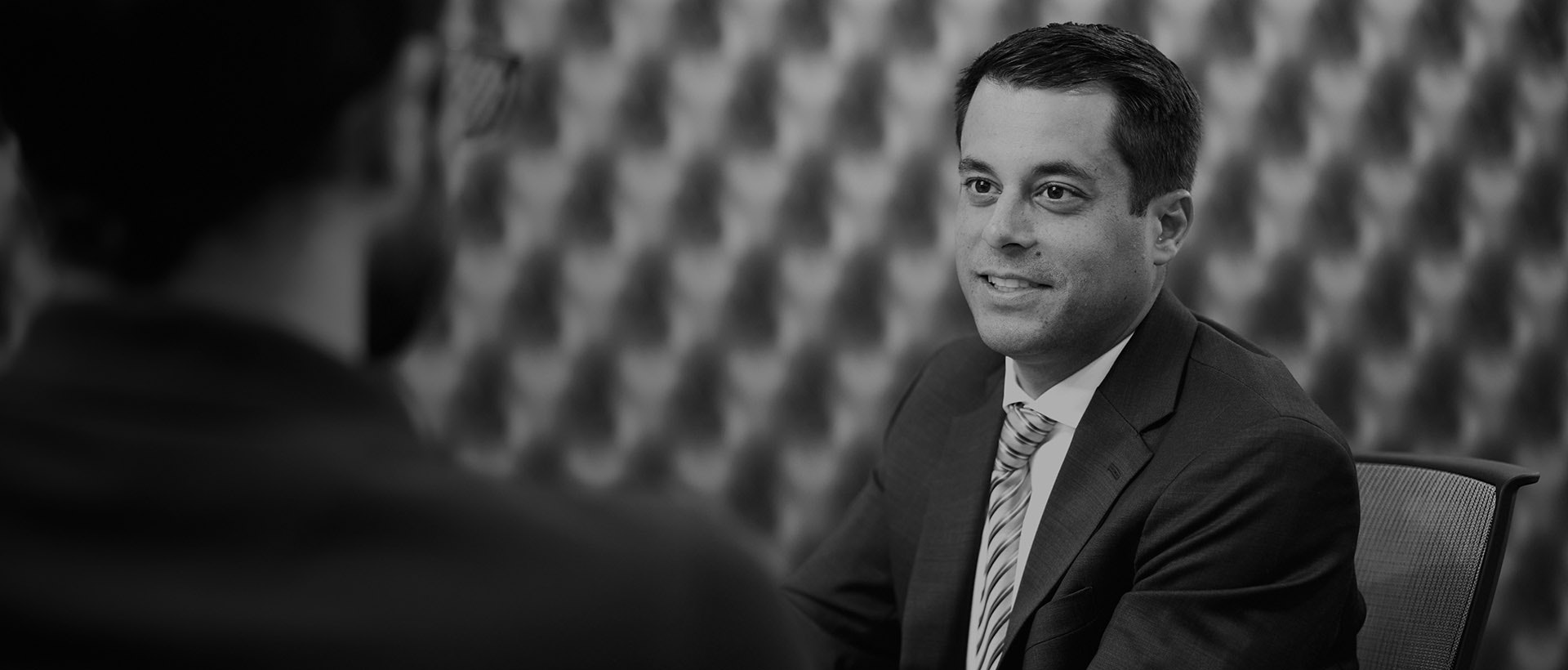Whether property damage occurs due to a hurricane, hail, or other catastrophic event, you may hold the right to compensation for your loss when this happens. This ability empowers you to take action and protect your interests, ensuring you are not left to bear the financial burden of damage alone.
Denials and Bad Faith Claims
In addition, even if you have property insurance and pay your premiums on time, you may find yourself holding a claim denial or one that is so low you cannot repair or rebuild. This is a breach of contract, and your attorney can file against bad faith. Some other ways an insurer can break their contract are:
- Improper investigations or not doing one at all
- Delaying an approved claim
- Not paying adequately for repairs
- Delaying a settlement payment
- Improperly denying a claim






